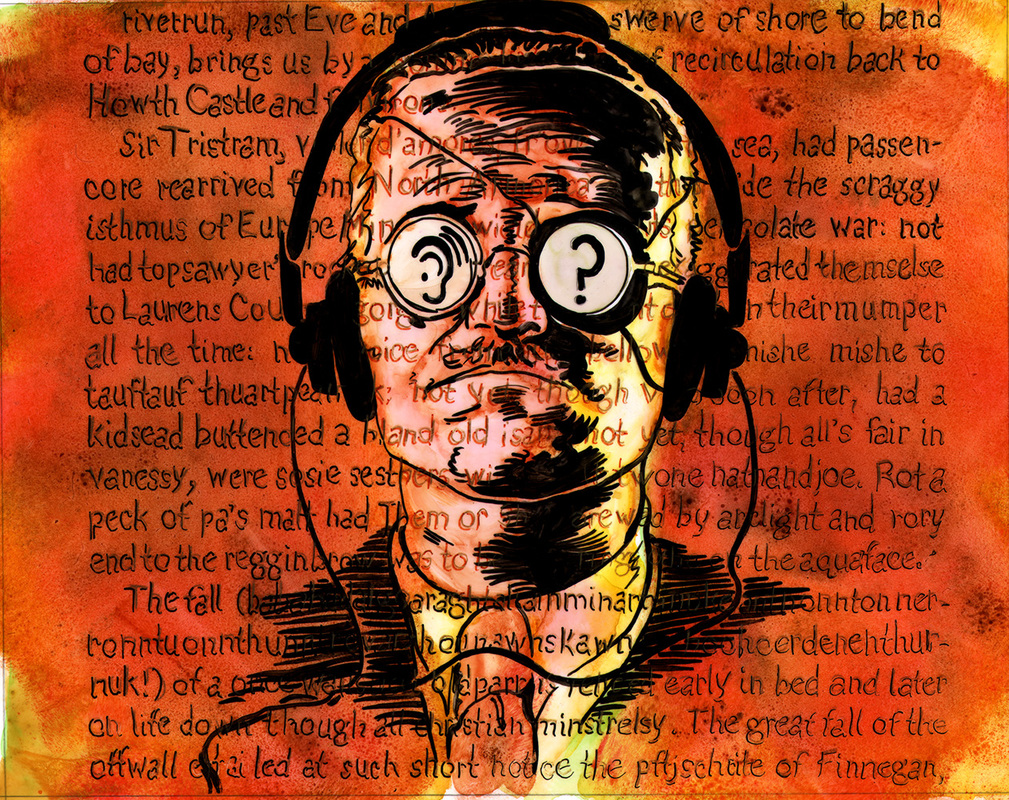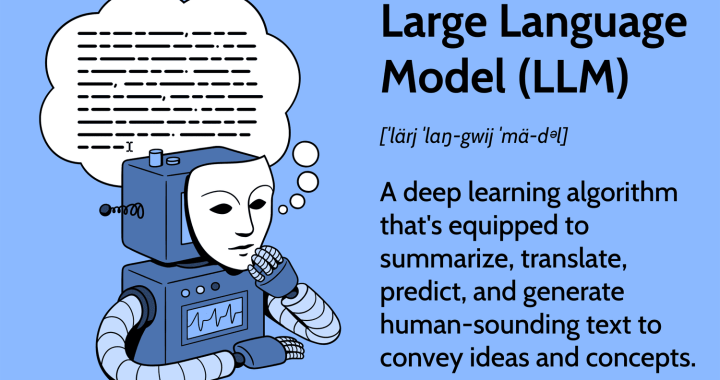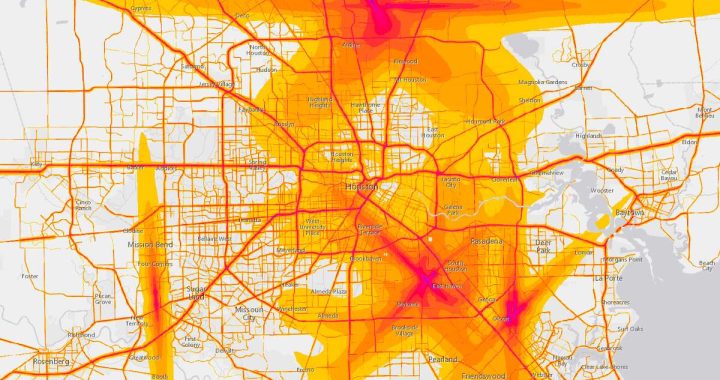∀ Who better to symbolize the extrasensory than a writer who wrote extrasensory? JJ.
¶ Prompt from Julia Cameron’s The Right to Write.
ESP: perception (as in telepathy, clairvoyance, and precognition) that involves awareness of information about events external to the self not gained through the senses and not deducible from previous experience — Extrasensory Perception. (Merriam-Webster)
This is it. The home stretch. There are a handful of Cameron initiation tools, and the last few seem ceremoniously personal. Today’s deals in the extraordinary, in the supernatural, in ESP. But that word for me has a sort of nutty feeling, a kind of kooky flavor to it. What Cameron writes about in this chapter is as harmless as a little ole friendly neighbor coming up to you while you are on the porch couch chilling, just to say hello, and by the way did you know? To the uninitiated this chapter would feel like gossip. What I mean is there is a lot of talk about talking with a higher power. “Ask. Believe. Receive.” — was the message quoted in this chapter. We already know we tune in with ourselves, with others, when we write. But Cameron wants to say there is a field beyond coincidence, beyond any individual or group of individuals, that writing roams. The tool at the end asks five questions, about belief, with the hope of receiving. I’m reminded of what Jim Carrey said once, “Most of us don’t dare to ask the universe.” These folks seem to be on to something.
“I suggest that all writers should consciously and concretely experiment with guided writing,” write Cameron. “Questions should be posed, and then answers received should be weighed against concrete experience… It is my considerable experience, based on my own life experience and that of my many students, that an open mind, a spirit of scientific inquiry, and the willingness to delve into the unknown can lead all writers to an unexpected inner resource that will greatly enrich both their lives and their work.” She concludes by reinforcing that this is her experience, not a theory.
Who could doubt Cameron? She writes clearly, and concretely. And who wouldn’t want to be open with a scientific mind? I am willing to accept almost anything once it has been presented in reality — to do the opposite is called denial. That doesn’t mean others have to accept my version of reality, but I do expect it to be taken into consideration, just as I must weigh the opinions and thoughts of others against my own. I think when pressed most will admit there are forces beyond comprehension, even for now, beyond our senses, at least for now. It is in this vast unknown, in the mystery of the larger world, that Cameron asks us to venture. Of course guards go up, and barriers form that must be crossed, insecurities doing us no good — but a deep breath, a sip of this here yerba mate, and a willingness to pull back the layers of the onion, we might reach the center, even if there is no pit, just more and more skin, until reaching nothing, something, like that (paraphrasing an Alan Watts line about trying to uncover ourselves, only to discover we have no seed inside of us, only more and more layers like in an onion…) and we dive.
1. Do you believe in God? Describe your belief or lack of belief. Is your God friendly to creative endeavors? Describe a God that could be. Once you allow for the possibility of such a benevolent force, you may begin to see evidence of one.
The last time I was asked that first question, it was in a classroom, posed by a student, and I got a little uncomfortable and passed it off as not a big deal. What I could have said was what Watts suggests, which is to answer a philosophical question with a mundane fact, or to answer mundane questions with philosophical aphorisms. The point being to reach some sort of halfway point and to live in both the divine and mundane by asking and answering one by the other. Clearly, all this ramble of mine is an attempt to distance myself from the question — why is that? Do You believe in God? “If you say yes, then my answer is no; if you say no, then my answer is yes.” All ways of avoiding the question. We avoid it, because we don’t want to be wrong. Do You believe in God? Yes, because a benevolent God would benefit me, and I want to believe, and believing makes it easier. Do You believe in God? No, because it is a concept. But what is wrong with concepts? Can we be attached to something that does us well? I think so. My lack of belief comes with the apprehension to accept contradictions, mystery. But Mystery does exist. But my eyes aim to see. A God that could be, now that’s a simpler question. There could be a force, made up of psychological forces, chemical forces, sociological and economic forces, that add up to a zeitgeist, of which each individual is its singular expression. I sometimes accept that my actions are the result of larger forces. It is easy to give up responsibility this way. But I want to hold myself accountable. I want to believe in free will. Free will comes with the power to deny. Karamazov said that God was real, but that he was handing him his ticket back; he didn’t even want a refund, he just couldn’t accept this rotten world. And he almost lost his mind. Rumi said “I went looking for God and found only myself; I went looking for myself and found only God.” And this is a tasty circular nut of a statement about God and man and their relationship, and it is all fine and dandy; but am I any closer to answering the question “Do you believe in God?” No, because I don’t know how to answer that, and yet everything I’ve said has been an attempt to answer. I told myself before opening this webpage that I will write to learn something. And here I am, am I learning? Here am I, I am here. A God that could be, would be exactly the way God is now, only my perception would have been granted a little more show, faith would have been a little harder to have, or a little easier, and that would make all the difference. Do we allow the possibility of there being a God? Yes, only on the condition that nothing change — and by that everything will change — and this has all been one massive jibbering jabbering mess of a paragraph that aimed and missed and landed in the stars. — to answer manly, and to answer straight: Do you believe in God? Yes and no. Do you believe in God? I cut my own nails.
2. Do you believe in angels and other higher helping forces? Describe your belief or your disbelief. Again, once you open the door to the idea that there may be higher inspirational forces, you may encounter them.
Of course I believe in higher inspirational forces, how hard is it to write alone? It is much easier to imitate or to be moved or to write what one feels, than to strain forth a logical word by word amalgamation of conglomerating coagulates. Angels though? I had a friend Angel, who was cool, but didn’t want to hang out after middle school, who took many classes with me, and who had a project displayed in the hallway, but the teacher wrote his name Angle. He didn’t like that. And I remember thinking that was a silly mistake. But now I see that this is the nature of the world, mistakes — as in, maybe we are being affected by angels, but we call them angles. No. No. Deny, my mind says, immediatly at this point, there cannot be no damn angels, c’mon, look around. Wow. And right now, while my mind battles, a reply from a woman I texted weeks ago finally comes in — most would be freaked out, but not I! Muahah. Angels. No. But Humans? I believe in helping hands, and in hungry mouths, and in angel-like people. If I had to make a bet with God, I would bet people. If I had to make a team in a cosmological tournament against evil, I would chose people. I love people. I can touch and be touched, and allow ourselves to touch others and be touched in turn. The Other for me is a much more fascinating concept than angel or demon. The Tibetan book of the dead, I hear, grants demons to enter homes without distress. You cannot freak out when a demon enters your home, because the demon will teach you something. I see a cockroach in the kitchen sink, and think a thought before squishing it: I hate killing bugs, but why are they in my sink? A higher helping force, of course, of course. Always to say yes, always to accept the higher hands and the offers. Want to collaborate? Let’s do it. Want to house me? Let’s do it. Money? Gimmie. Residency spot? I’ll take it. Look, there are forces trying to help. Whether you call them Angels, Demons, Roachies, or aunt or uncle, or lover, or baby mama, or sugar daddy, you gotta get the good while it’s going! — direct and confidence answer: Do you believe in angels? No. But I do light prayer candles.
3. Have you had any experiences related to writing that could be described as uncanny or possibly connected to ESP?
I want to say no, because anything I sense is through my senses — while what I think is internal to me, I don’t want to grant my inner world access to the outer world. I once heard a devil laugh in my childhood bedroom. And I mean a rumbling, bass laugh felt in my chest. The next morning I chalked it up to something in my head, and that made me feel a lot safer than there being a real life laugh outside of me. I never heard the laugh again, and whenever some other weird thing happened my mind had already developed the technique of distinguishing the inner reality and the outer world. But with writing? I’ve heard more stories than I’ve lived stories about ESP, that’s for sure. One episode was how I had written a story about a dog, and then a week later I found out that my then girlfriend’s dog had died just the week before and both had the same name. Is that uncanny or is that me not remembering the dog’s name at the time of the story-writing? I wish, if I could wish, for my writing to be even more uncanny. I wrote a story, believing in ESP and in writing-reality, about a woman who stepped into a narrator’s bedroom in the middle of the night. I wrote it with the hope that it would happen, why, as a test I suppose, but also as a deep yearning to satisfy this curiosity: if I write it, will it happen? It never happened. No matter how hard you wish for something, it doesn’t come true just from wishing. Even Peter Pan needs a bit of dust. (Not to mention all the grants and magazine submissions I wrote about, but never got…; it’s easier to tell myself it isn’t meant to be, than to accept that my writing had nothing to do with it, and that to not have submitted would have been just the same in the larger picture… maybe not… clearly here my words do naught.) — Uncanny? I like my ideas to remain ideas; as soon as the ideal becomes reality, it is no longer ideal: I believe art is extrasensory, but I don’t want prove it, not even by doing it. But I’ll do it.
4. Are you willing to experiment with the use of ESP in the form of synchronicity in your writing?
I am willing to try almost anything. The foundation is: will it make me a better writer? What am I willing to sacrifice? I am willing to sacrifice my confidence and my pride, willing to be wrong about ESP, to see this happen. ESP would be nice, and I am giving in to it right away. Why not? Explore. My dignity, you see, can come back, it can bounce back. My dignity and my humanity are real, and almost untouchable. This ESP thing? Where are you ESP? I can point to my confidence. I can exhibit pride, oh lord, how have I… But ESP? Where art thou? I accept the whole. I accept the mystery. I accept that I do not know. I lean into the void. I lean into the darkness. I lean into nirvana and immortality. I accept that these lines are ridiculous. I accept that my rambling leads me nowhere, and yet there was nowhere to go. The great thing about the extrasensory is that it is there whether you believe in it or not. The funny thing about God is that he exists whether we believe in him or not. (He, hah — yeehaw.) Some sages even recommend you leave God alone and stop asking him so many questions, or so much of him. A friend of a friend the other day recited a slam poem about how his mother calls on ghosts but his father the skeptic smiles and says to leave them alone. I say similarly: a benevolent God is one that lets you be yourself and that lets you run your own life. A benevolent God isn’t a hovering God. A benevolent God is a humble God. The stories are all stories. My story is still being written. I am not God, then. I am a writer. I am a thinker. I am one man. You are two or three. Together, we, humanity. And that is what I want to be uncanny with. I want to be with people. Those are my angels. Synchronicity? That’s a Jungian term. And Jung was tight, let it be said. — am I willing to experiment? Yes. Sure. Let’s.
5. Name one topic on which you would like more information for your writing. For one week be alert to any “coincidental” flow of information that comes your way?
I have a bit on my plate right now, a big bit. But the next big project is the Ana story. Part prose part poetry. That is the next one. It will take me, or rather, I want to take a few years to write it. I don’t want to rush. But a draft before the end of the year would be nice of myself to do because yeah production and such blah blah. Plus, funny, the book has a lot of Jung, or will, or has… — the corn on the cob: I want to receive help and guidance writing my next book, by spending the next months collecting data on Synchronicity, the Anima, and Spanish Poetry. Jung and Joyce. Extrasensory perception, and people who are perceived as extra. Let it be done.




